PANGOLIN PROTECTION
Last month, The Pangolin Project coordinated the dramatic rescue of a pangolin in the coastal region of Kenya. Pangolins are the most trafficked non-human mammal on the planet. All eight species are at risk of extinction and their population continues to plummet at the hands of poachers. We are so grateful to be able to support the vital conservation work of The Pangolin Project (TPP), the only organisation in Kenya dedicated to protecting these gentle creatures.
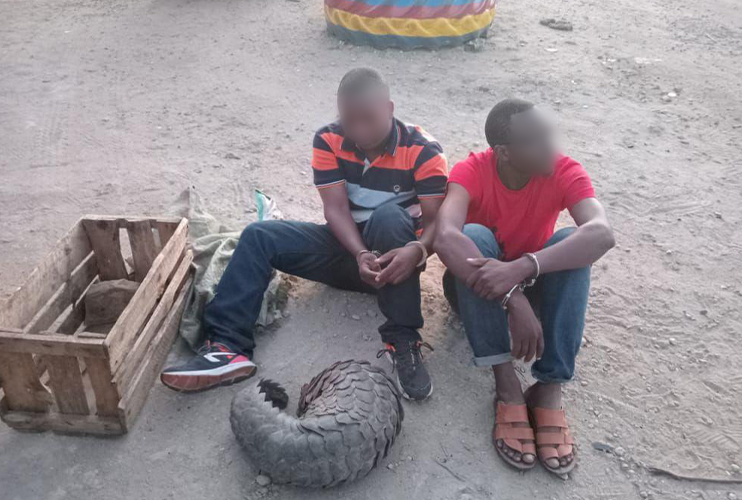
The apprehended suspects ©Big Life Foundation
Arrest and Rescue
This rescue story begins with an intelligence tip off from teams working alongside Big Life Foundation leading to the arrest of two suspects by the Kenya Wildlife Service (KWS). A large male Temminck’s ground pangolin was intercepted, and it was all hands-on deck to give this pangolin a second chance. The initial prognosis was poor; the pangolin’s back leg was severed with two inches of exposed bone, likely caused by a snare. Reports suggested that poachers captured the pangolin seven days earlier, during which time it would not have received food or water.
The Temminck’s ground pangolin , also known as the Cape pangolin, is found across Southern and Eastern Africa. It walks on its hind legs, using its large tail as a counterbalance, to keep its front claws sharp for digging.
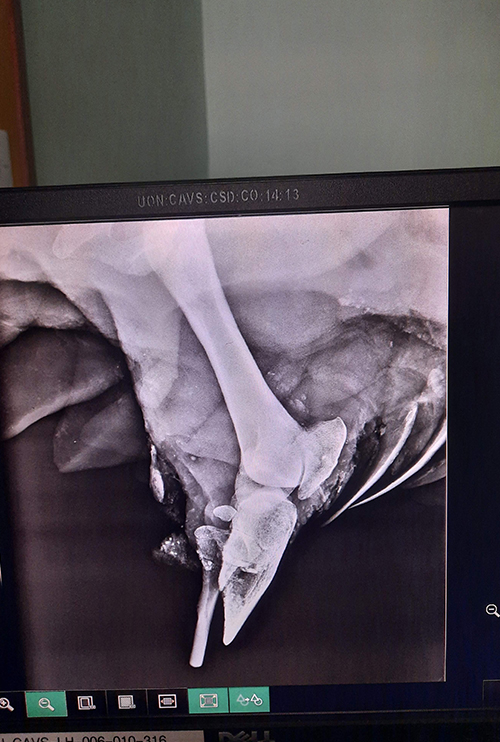
Scan of broken leg ©The Pangolin Project
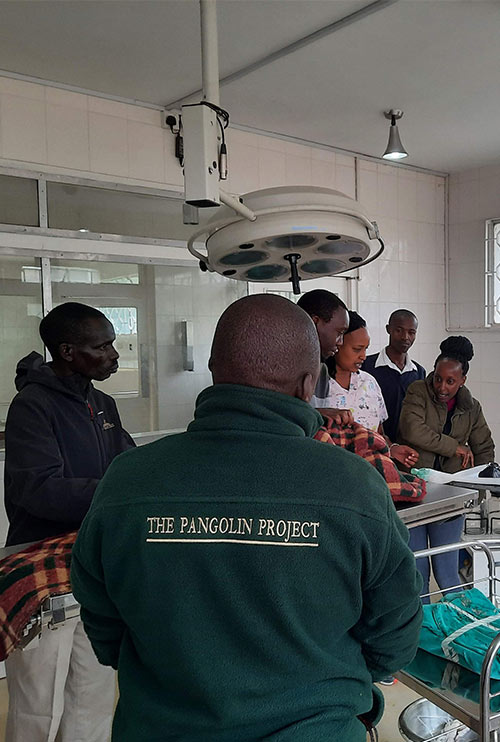
Treatment underway ©The Pangolin Project
Surgery and Second Chances
The Pangolin Project was quick to act. With financial support from The Safari Collection, the pangolin was airlifted to Nairobi where it received emergency treatment from the KWS veterinary team. In conjunction with the University of Nairobi veterinary department, the pangolin underwent a three-hour operation to remove the remainder of his leg up to where the infection had spread. Whilst this surgery is uncommon, a review of other cases had highlighted success in a similar incident. Notes exchanged with veterinary teams from abroad gave this pangolin the best chance of recovery.
This was the first pangolin surgery in Kenya, led by Dr Mwangi and a team at the University of Nairobi Small Animal Hospital in conjunction with Kenya Wildlife Service Veterinary Department.
Road to Recovery
Pangolin rehabilitation is notoriously challenging. In collaboration with KWS vets and with advice from the Tikki Hywood Foundation in Zimbabwe, TPP set up a dedicated 24-hour team to monitor, feed and nurse the pangolin back to health. As fussy eaters of note, pangolins are extremely hard to feed. They need to consume between 200 grams and one kilogram of ants and termites in a single feed. Simply giving these to the pangolin doesn’t work; they must go out to find these for themselves. A tricky task when weak with illness.
Pangolins require up to one kilogram of ants and termites in a single feed. These must be found by the pangolin itself.
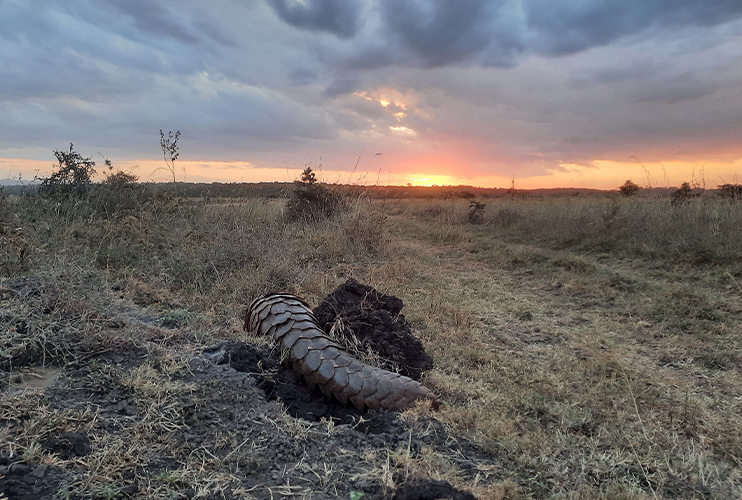
The rescued pangolin feeding after his operation ©The Pangolin Project
Therefore, a dedicated team had to find and open termite mounds for the pangolin. Upon opening a nest, ants and termites secrete acid to deter predators and the pangolin can only feed for up to ten minutes. It’s a lot of work to find enough termite mounds and there is always the chance they are not to the pangolin’s taste, as individual pangolins prefer different species of ants and termites!
Pangolins are extremely sensitive to noise and stress. Their rehabilitation requires a dedicated 24-hour team, with one nurse per pangolin.
Day after day, the team tried numerous sites with different soil types. You can imagine the relief when this pangolin finally began to tuck in and show signs of feeling better.
A Cruel Blow
Despite promising signs of recovery and the dedication of TPP team and the KWS veterinary department, the pangolin deteriorated two weeks after surgery and sadly died. A post-mortem showed that he died from blood poisoning caused by the initial injury, which was untreatable with antibiotics. The teamwork and care that went into trying to save this pangolin was immense and the tragic outcome felt by all.
Despite the sad loss, this rescue was not in vain. Key partnerships have been built with the KWS veterinary department and the experienced gained is invaluable. The welfare of future pangolins who befall the same fate has undoubtedly been improved.
Next Steps
Pangolin trafficking is predominantly a live trade, which means training for all vets and investigation officers on the proper care of pangolins is essential. There is an urgent need to establish a rehabilitation and nursing station for rescued pangolins if they are to have a chance of survival post release.
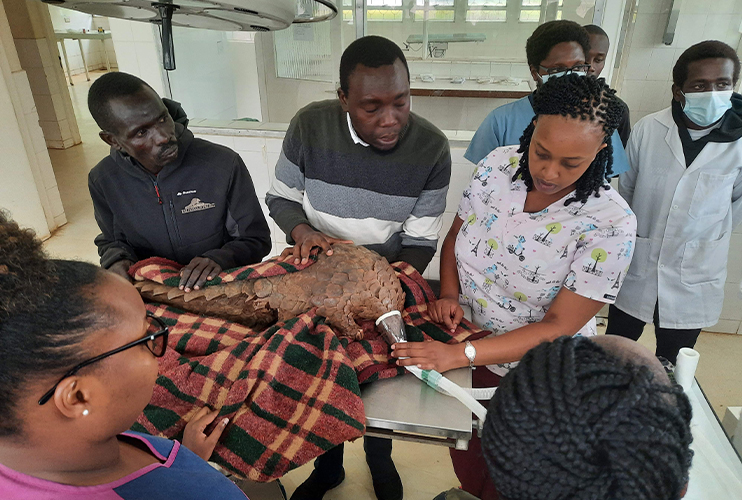
Teamwork to ensure the continued existence of the pangolin species ©The Pangolin Project
This case has provided valuable lessons and inspiration to take the next steps along the road in successful rescue, rehabilitation and release of poached pangolins.
From the intelligence tip-off to the arrest, interception, emergency evacuation, surgery and rehabilitation, the number of people who helped rescue this pangolin from his tragic fate was phenomenal. It has given us hope and confidence that the future for pangolins can get better.
Help save critically endangered pangolins by supporting the work of The Pangolin Project, a non-profit organisation based in Kenya working tirelessly to protect pangolins through conservation research and collaborating with communities and wildlife rangers.
RELATED NEWS

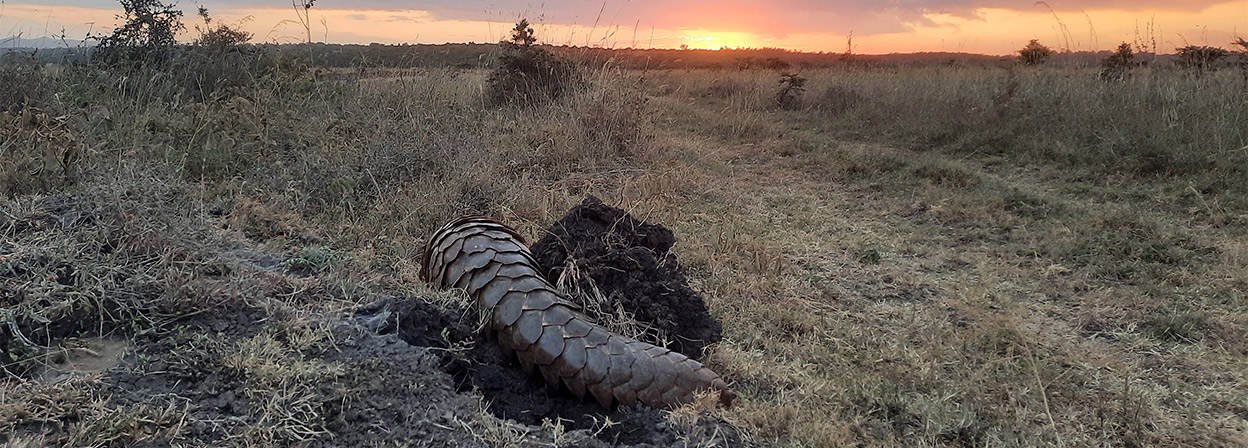
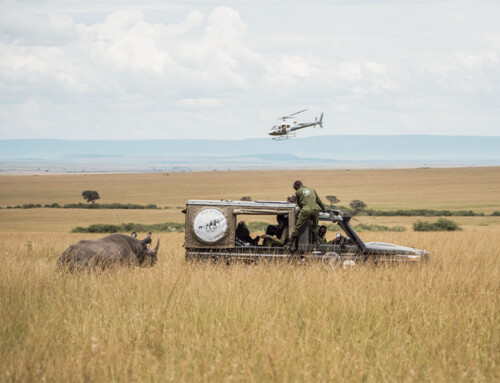
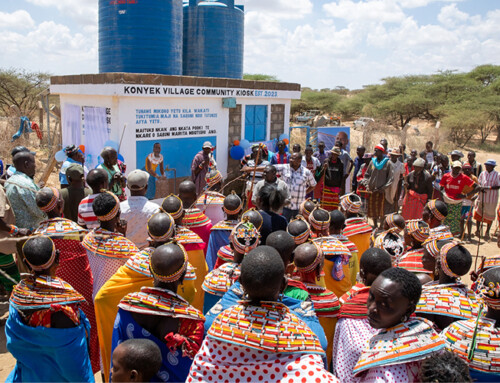
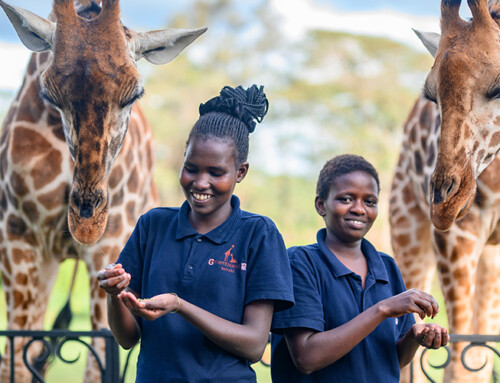
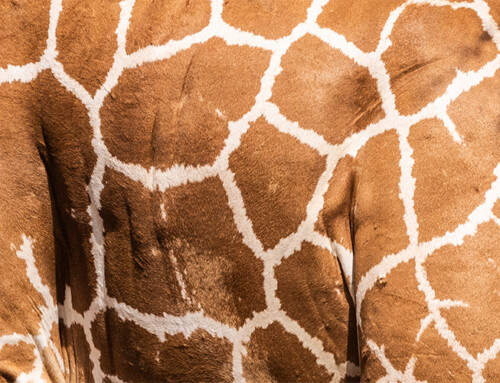
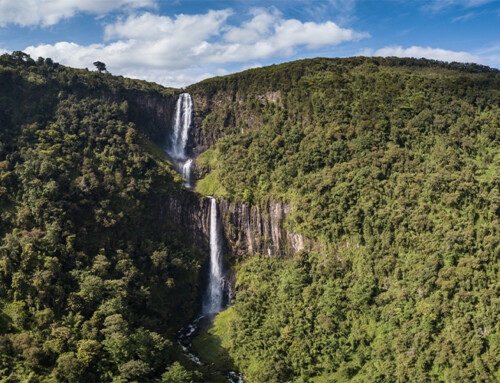
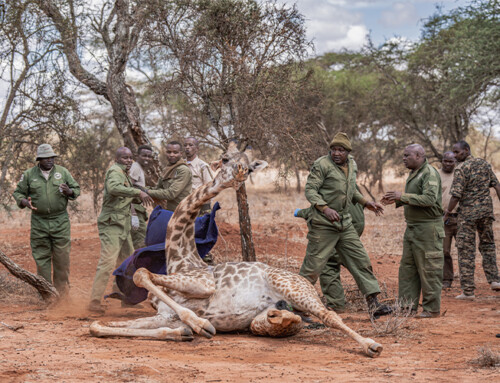








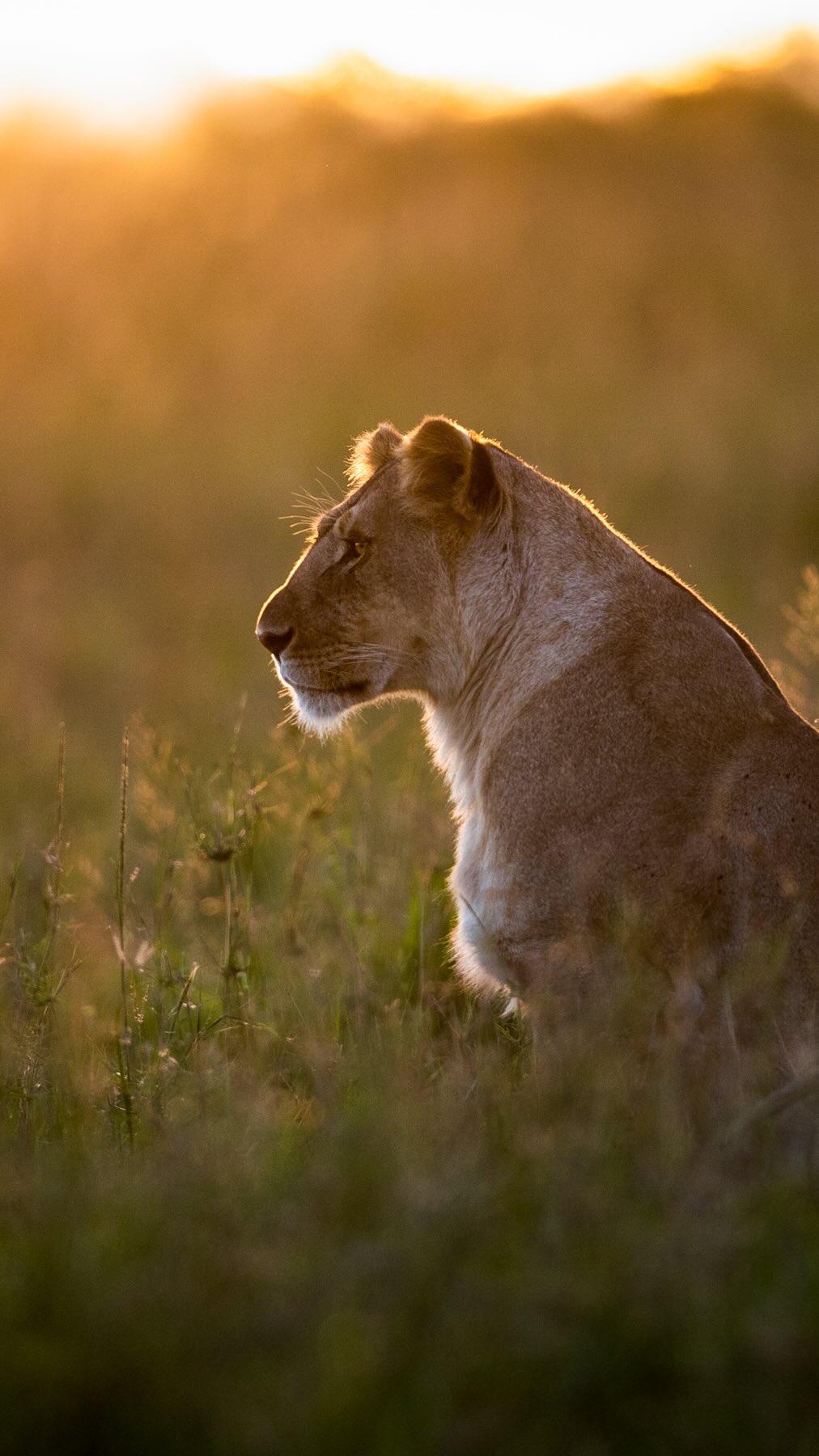
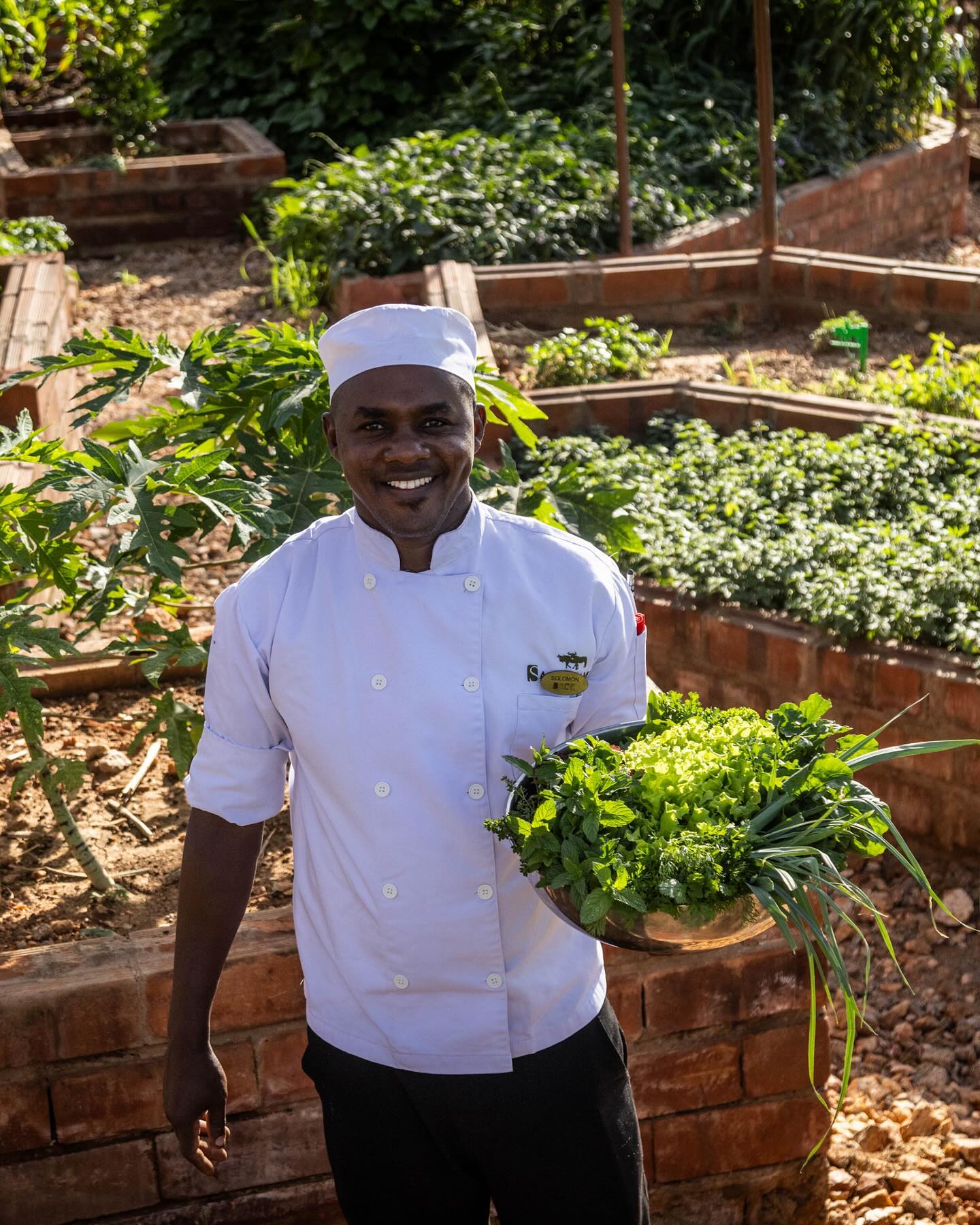

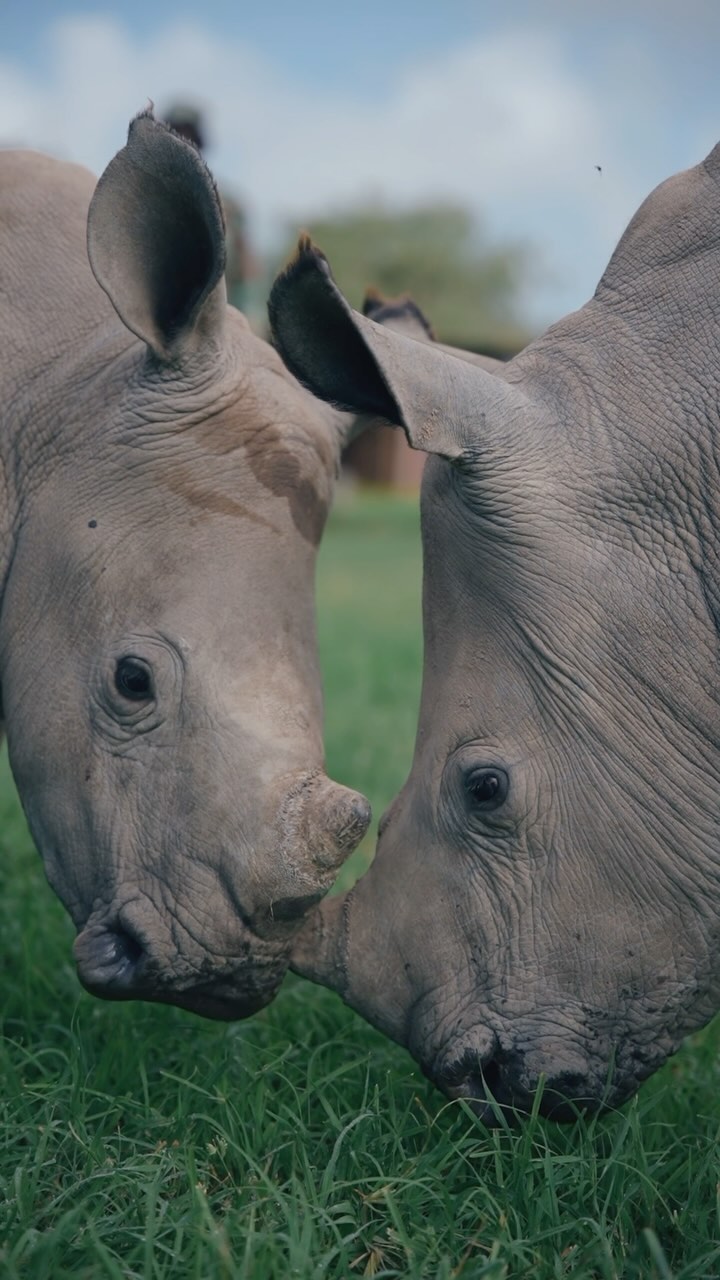
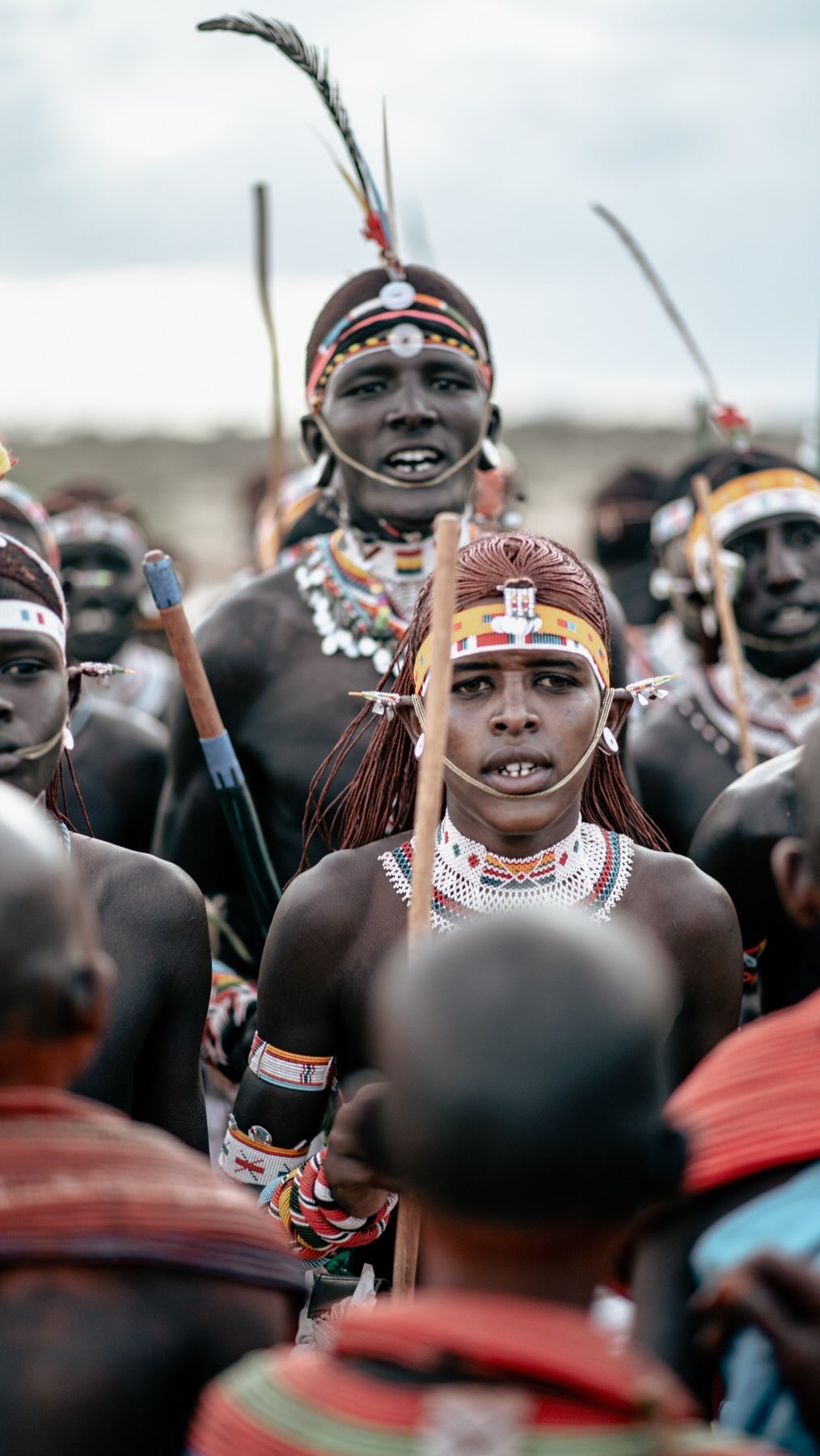
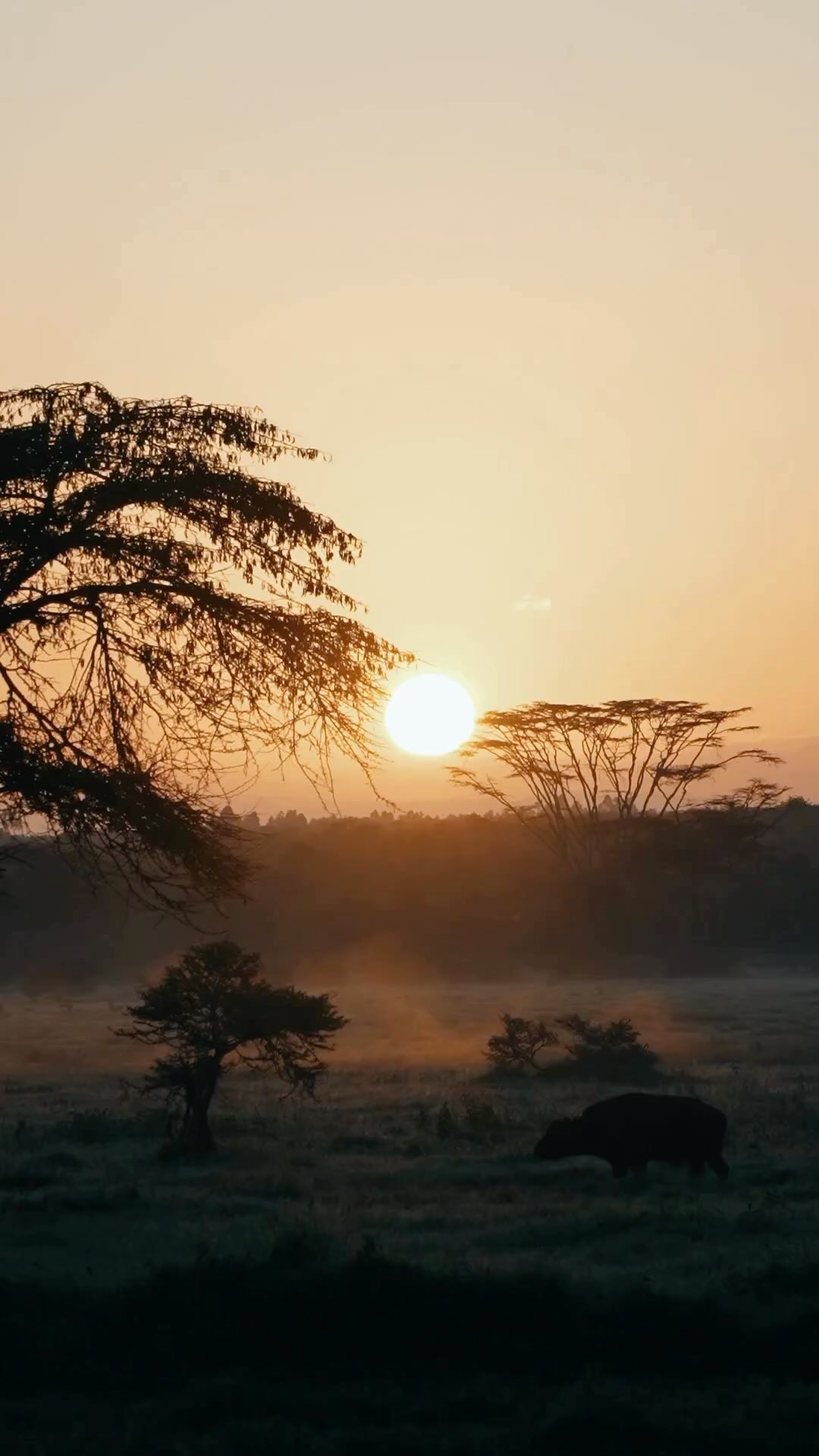
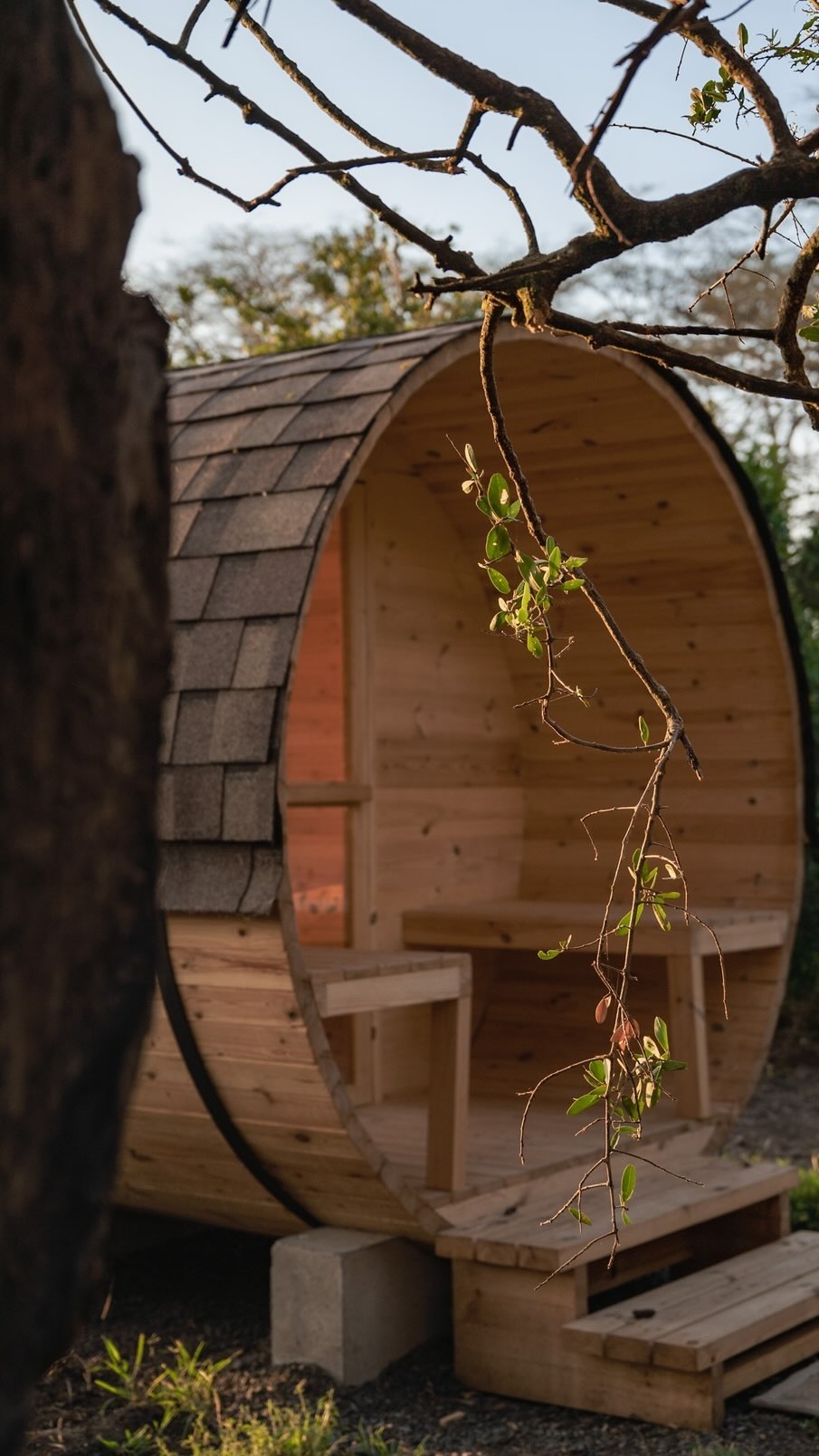

CONNECT & FOLLOW